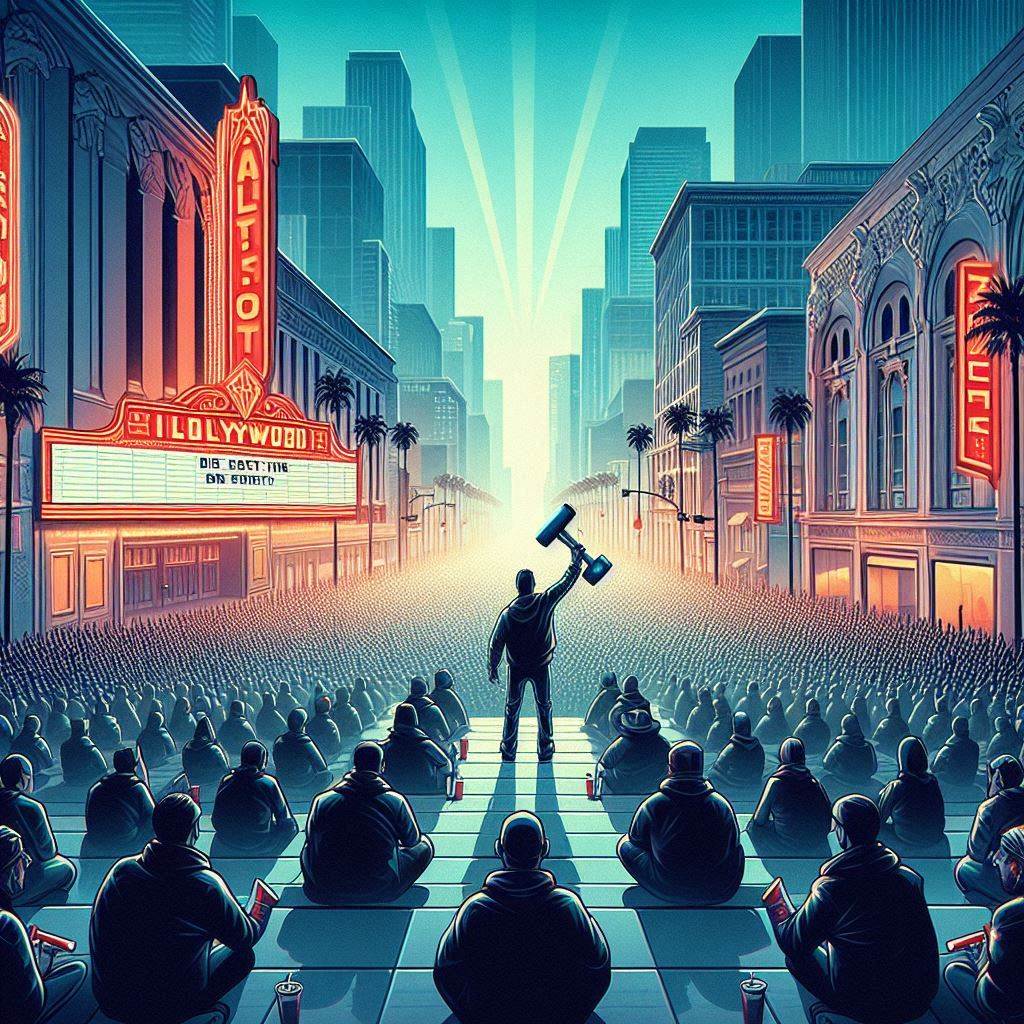
Negotiations between Hollywood's Screen Actors Guild-American Federation of Television and Radio Artists (SAG-AFTRA) and video game companies have hit a critical impasse over protections regarding artificial intelligence (AI). While progress has been made on wages and job safety, talks have stalled due to concerns that unchecked AI usage could threaten jobs and creative control for performers.
Duncan Crabtree-Ireland, SAG-AFTRA's executive director, highlighted AI as the primary obstacle, emphasizing the union's demand for equal protections across all members against AI exploitation.
Union leaders stress they are not against AI entirely but are wary of its potential to replicate voices or create digital likenesses without consent, potentially displacing human performers. The use of AI in minor roles like voice cleanup or altering character ages further complicates the issue, raising fears of job displacement.
The possibility of a strike looms as a last resort to secure fair treatment for members. Crabtree-Ireland affirmed the union's readiness to take action if necessary, underscoring their resolve amid ongoing negotiations.
Scott Lambright, a voice actor, expressed concerns that AI-generated voices could reduce job opportunities and diminish the emotional depth of performances, impacting the artistry of voice acting. Sarah Elmaleh, chair of the interactive negotiating committee, echoed these sentiments, emphasizing the role of minor roles in developing actors' skills and confidence.
The current negotiations follow a 2017 agreement that lacked AI protections, covering a diverse range of performers beyond voice actors, including motion capture artists and stunt workers. Despite progress in other areas, video game producers have been hesitant to extend AI protections universally, leading to a deadlock in discussions.
Audrey Cooling, representing the video game companies, acknowledged the negotiations' progress but emphasized the need for further dialogue to reach a comprehensive agreement.
In response to industry giants' resistance, SAG-AFTRA introduced a separate contract for indie and lower-budget video game projects in February, incorporating some AI protections. Additionally, the union struck a deal with Replica Studios in January, illustrating a model for ethical AI use that allows performers control over their digital voices.
Tim Friedlander, president of the National Association of Voice Actors, highlighted the ethical and practical challenges posed by AI, including the lack of oversight on how audio files are used to train AI models. He emphasized the importance of ensuring actors retain agency over their digital identities to prevent potential conflicts and job losses.
As negotiations continue, the role of AI in creative industries remains a contentious issue, highlighting broader concerns about technological advancements and their impact on traditional employment and artistic integrity.